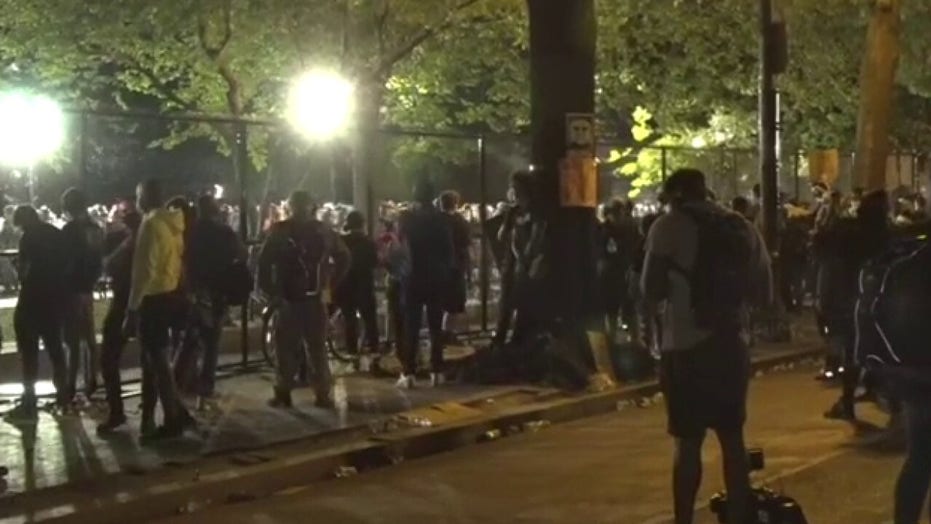J.Hyde
Apprentice
- Jul 31, 2020
- 212
Naio90
Two weeks had elapsed since the collapse of Mugabe's government. Foreign nations had pledged support, and some had already arrived in the country and begun the process of providing aid. The calls for calm and order by The Provisional Government had been heeded by a euphoric populace. Mugabe was gone, there was a provisional government promising a transitional administration that would lead them to a brighter future, there was hope for a brighter future. However, time had elapsed and nothing had changed, in most regards, the situation was marginally worse than when Mugabe was in power for the most part, since water and electricity had never been provided in an effective manner. However, food had been available.
The residual stocks in the shops had slowly been depleted. No new stocks had been able to enter the country due to the collapse of the aviation authority. How could the planes carrying imported goods land if there was no one to operate the airports? The people were hungry. Word had spread regarding the arrival of Argentinians and foreign aid, indeed the Argentinians had moved to reopen the hospitals and clinics in Harare to bring medical care to the populace. However, food was now depleted. There was still contaminated water from wells and boreholes, or fresh water from the Cleveland Dam, to drink, but food stocks had been consumed.
Late at night, a large crowd began to form at the perimeter fence surrounding the Argentinian supply depot and camp. Many were shouting, begging for food for themselves and their families, while a brave few even made the daring move of trying to scale the fence to get inside the camp.

Meanwhile, in the city of Harare, sporadic bouts of burglary began to occur as people decided to prey on the richer neighbourhoods. The upper class suburbs of Borrowdale, Greendale, and Mount Pleasant, among others, were tempting targets, since they were rich. It stood to reason that they had the resources to buy more food than the poorer denizens of the city, perhaps even hoard food in the immediate aftermath of Mugabe's removal from office. Even if there wasn't food to take, there were possessions that could be taken and used to barter for food from others. The Zimbabwean dollar had never been a strong or stable currency, so it was, for the most part, completely worthless. Items were much more valuable than coins and paper.
Two weeks had elapsed since the collapse of Mugabe's government. Foreign nations had pledged support, and some had already arrived in the country and begun the process of providing aid. The calls for calm and order by The Provisional Government had been heeded by a euphoric populace. Mugabe was gone, there was a provisional government promising a transitional administration that would lead them to a brighter future, there was hope for a brighter future. However, time had elapsed and nothing had changed, in most regards, the situation was marginally worse than when Mugabe was in power for the most part, since water and electricity had never been provided in an effective manner. However, food had been available.
The residual stocks in the shops had slowly been depleted. No new stocks had been able to enter the country due to the collapse of the aviation authority. How could the planes carrying imported goods land if there was no one to operate the airports? The people were hungry. Word had spread regarding the arrival of Argentinians and foreign aid, indeed the Argentinians had moved to reopen the hospitals and clinics in Harare to bring medical care to the populace. However, food was now depleted. There was still contaminated water from wells and boreholes, or fresh water from the Cleveland Dam, to drink, but food stocks had been consumed.
Late at night, a large crowd began to form at the perimeter fence surrounding the Argentinian supply depot and camp. Many were shouting, begging for food for themselves and their families, while a brave few even made the daring move of trying to scale the fence to get inside the camp.

Meanwhile, in the city of Harare, sporadic bouts of burglary began to occur as people decided to prey on the richer neighbourhoods. The upper class suburbs of Borrowdale, Greendale, and Mount Pleasant, among others, were tempting targets, since they were rich. It stood to reason that they had the resources to buy more food than the poorer denizens of the city, perhaps even hoard food in the immediate aftermath of Mugabe's removal from office. Even if there wasn't food to take, there were possessions that could be taken and used to barter for food from others. The Zimbabwean dollar had never been a strong or stable currency, so it was, for the most part, completely worthless. Items were much more valuable than coins and paper.




